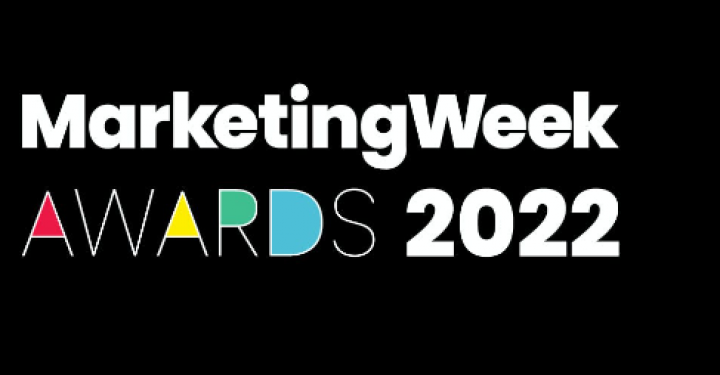
In an increasingly digitised world, having a strong website which exudes a brilliant message, successfully positions your brand, and correctly markets your products/services is a top priority. With Coronavirus amplifying our dependence on digital communication and social media usage forever on the rise, your website needs to be a lighthouse, standing out and flashing in the oceanic depths of the world wide web – calling people towards it as a symbol of trust.
To emphasise to users and search engines that your site, and by implication, your company, can be trusted, there are a variety of ‘Trust Signals’ that you need to be showcasing.
As soon as people land on your site they will form an opinion about whether you’re a trustworthy source of information & support. It has never been more important to be genuine and authentic in the way you communicate.
Why are trust signals important?
When customers stumble across your site out of thousands of competitors’, they need to know instantly that the information you’re giving them is reliable.
Why? Because if customers can’t identify a reason to trust your company within the first few seconds, they will most likely navigate away from your website without a second thought, meaning you lose business.
Prove to new users that you’re worth their time.
With a few quick signposts, you can encourage people to believe in the quality of your service.
What are the 9 trust signals every website needs?
1. Simple Navigation & Design
First and foremost, to generate customer leads through your site, you need simple and clear design and navigation. Your website must be branded appropriately, with your logo clearly displayed, and a simple front page which provides important information about your company and what you do. These simple things can make a huge difference to people’s first impressions.
Regularly updating your website and ensuring it has a modern look and feel instantly shows users that you’re a forward-thinking business. If you’re investing this much time and effort into your website, you’re suggesting to customers that your service will be of similar quality. On the other hand, if your website is outdated or disorganised, this is a big red flag to new customers, who won’t waste their time searching for hidden information they can find instantly from your competitors.
2. Unique Imagery
The right imagery will also help to build the right picture in your audience’s mind. Library images can be used, but with care.
Remember, your website is often the first representation of your company people will encounter, so you need it to be perfect. If your webpage looks just like everyone else’s or repeats images, it could seem as though you have copied or even stolen content – discouraging users from trusting you.
(If you use your own imagery, this can also help your branding as you can ensure the message in every image is perfectly in-line with your company identity.)
3. HTTPS
From an SEO/Google analytics perspective, to mark your website as a trusted source to both search engines and users, you need to apply for an SSL (Secure Sockets Layer) certificate. This is a computing protocol which ensures your data is secure by using encryption. Once you have an SSL certificate, your web address will transform from HTTP to HTTPS – while users themselves may not notice this, having a HTTPS certificate shows you take security seriously.
4. Strong ‘Contact’ Page
Whilst it may sound obvious, it’s surprising how many websites don’t have a good ‘contact us’ page complete with physical address, telephone number and email address. Ideally you will have a Google map, a LinkedIn button and an email contact form too.
5. Customer Testimonials/ Case Studies
Having an area on your site dedicated to customer testimonials or case studies is a great way to earn users’ trust. Genuine quotes from customers, along with a synopsis of the service you provided, are the ideal. However, there are plenty of good sites which manage to describe a happy customer without naming them, so find a way to work around the problem if you can’t use direct quotes.
6. Accreditations
If your company has a face-off with your competitor, what makes you stand out?
One thing that can set you apart is industry-relevant accreditations. Just like a driver’s license proves you’re capable of driving legally, evidence of professional body accreditations or memberships will prove to users you’re professional and qualified to provide them with your product/service. To hold these accreditations, you have to be operating at a certain standard, and highlighting this does wonders for improving your authenticity.
7. Personality
Another way to get people to trust your business is by adding a personal touch. Having an ‘About Us’ page that details your company’s history and information about some of your team members allows people to get to know you, building a user relationship.
Side note: People relate to people – so when you’re considering social media representation, as well as having a strong business profile, it’s also beneficial to have some key team members whose social profiles link to the website.
8. Legal Documents
Exemplifying your legitimacy and legal standards via links to documents such as your privacy policy is a simple trust signal. Even though most users will never read the T&Cs, knowing they’re there if required is definitely comforting.
9. Up-to-date content
Maintaining a blog is another trust signal which emphasises to users that your business is alive and kicking. Plus it comes with the added bonus that you’re providing users with helpful content. If you’re willing to help customers before they’ve even contacted you, this indicates you will serve them well in the future. It also enables you to position yourself as a voice of authority in your field.
Summary
In summary, don’t assume that people know they can trust your company. Show them!




